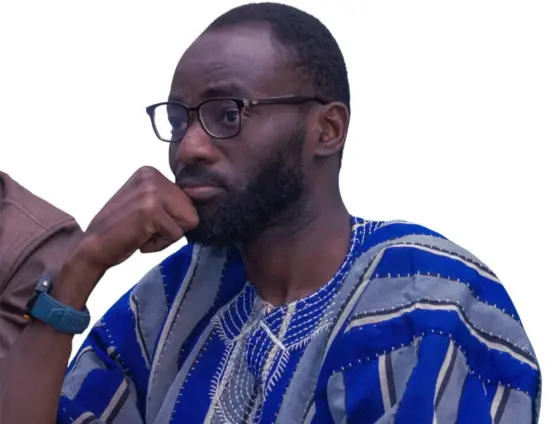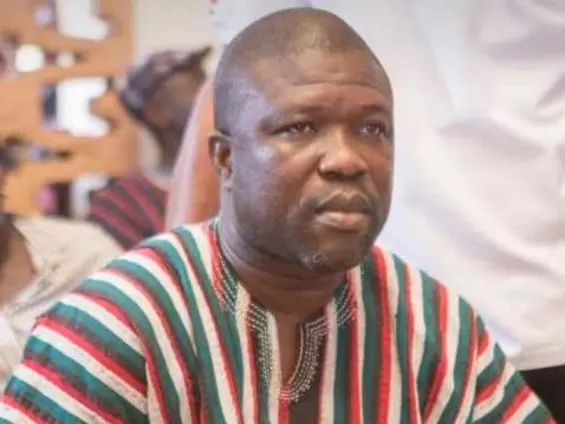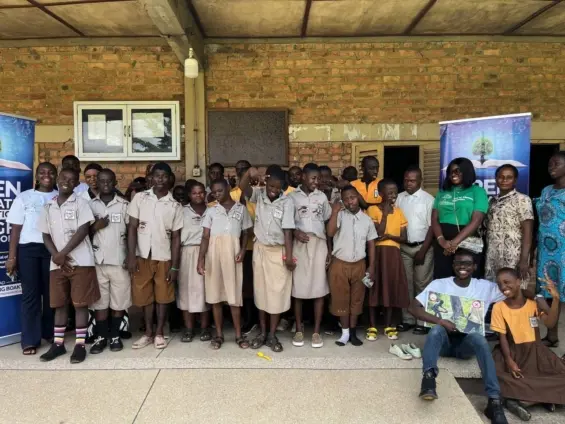The International Court of Justice (ICJ), the United Nation’s highest legal authority, has delivered a landmark ruling in the long-standing dispute between Equatorial Guinea and Gabon. At the heart of the matter was the sovereignty of three islands – Conga, Mbanié, and Cocoteros – and the potentially lucrative oil reserves that lie beneath the surrounding waters. The court’s decision, siding with Equatorial Guinea, brings to a close a disagreement that has simmered for decades and underscores the complexities of international law and resource management in the Gulf of Guinea. The ruling affirms that Equatorial Guinea has rightful claim to the islands.
The roots of the contention trace back to the early 1970s, when both Central African nations laid claim to the virtually uninhabited islands of Conga, Mbanié, and Cocoteros. Though small and sparsely populated, their strategic location in a maritime zone believed to be rich in oil deposits made them a valuable prize. At its core, the dispute hinged on differing interpretations of historical treaties, each country presenting its case for ownership based on colonial-era agreements and subsequent conventions.
The ICJ’s ruling rested on a 1900 treaty that defined the boundaries of French and Spanish colonial territories in the region. This treaty, according to the court, clearly designated the islands as belonging to Spain, which then transferred them to Equatorial Guinea upon its independence in 1968. Gabon’s argument that the 1974 Bata convention superseded the earlier treaty and transferred sovereignty to them was dismissed by the court. As the court stated, “In a final and binding ruling, the ICJ said Conga, Mbanié and Cocoteros were held by Spain, and then passed to its former colony Equatorial Guinea at independence in 1968.” This declaration firmly established Equatorial Guinea’s sovereignty over the disputed islands.
The immediate implication of the ruling is that Gabon must now withdraw its military presence from Mbanié, the largest of the disputed islands. The Gabonese army had established a presence on Mbanié in 1972, displacing Equatoguinean troops and solidifying its control over the territory. The withdrawal marks a significant shift in the balance of power and necessitates a recalibration of the relationship between the two countries. According to AFP, Guy Rossatanga-Rignault, a spokesperson for the Gabonese presidency, acknowledged the need for negotiations to address the fallout from the ruling, stating, “Gabon and Equatorial Guinea have to live side-by-side; we can’t move away from each other. Therefore, we will have to talk it over to solve all these problems.”
The potential for oil discoveries in the Gulf of Guinea significantly intensified the dispute in the early 2000s. Both Equatorial Guinea and Gabon are established oil producers, although recent years have seen a decline in production due to underinvestment and aging infrastructure. The control of these islands could potentially unlock access to valuable maritime resources, adding another layer of complexity to the already fraught relationship between the two nations. The sovereignty of these island territories could be a boon for Equatorial Guinea.
Following years of UN mediation, both nations agreed in 2016 to allow the ICJ to resolve the dispute, signaling a commitment to peaceful resolution through international law. The focus now shifts to negotiations between Gabon and Equatorial Guinea to address the practical implications of the ICJ ruling and ensure regional stability. The willingness of both countries to engage in constructive dialogue will be crucial in navigating the challenges ahead.
The ICJ’s ruling in favor of Equatorial Guinea represents a pivotal moment in the decades-long dispute over the Conga, Mbanié, and Cocoteros islands. While the legal battle has reached its conclusion, the path forward requires careful diplomacy and a commitment to peaceful coexistence. The future of these potentially oil-rich waters and the overall stability of the region hinge on constructive dialogue and cooperation between Gabon and Equatorial Guinea.
Image Source: MYJOYONLINE





















